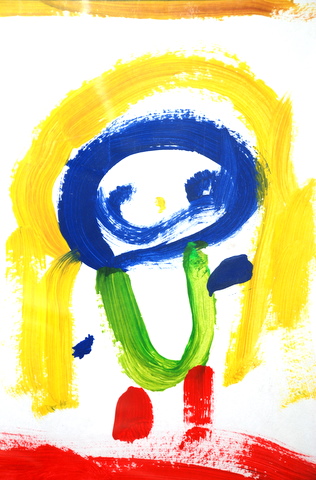The number of kids on antidepressants has sky-rocketed in recent years, By Lisa Mayoh
No parent wants their teenager to down a handful of antidepressants every day to fight anxiety or depression, but that is the sad reality for more than 30,000 Australian families every year.
The decade-long trend of medicating young people for mental health issues continues to grow, with new figures showing 30,706 young people under 18 were prescribed antidepressants such as Prozac in the 12 months to June 2008. In the same year, 4000 children under 10 were also given mood-stabilising drugs, with 500 of them not even five years old.
While it is estimated that one in five adolescents will experience a depressive episode by the age of 18, Australian research reports that even when they are detected, most young people with depression receive no treatment for their problem. Prescription rates for medicating children and young people in Australia have grown steadily over the last 10 or 15 years, on par with the UK and Europe because of similar health systems.
Research has confirmed the antidepressant category known as selective serotonin reuptake inhibitors (SSRI), including Prozac and Zoloft, can help young people lift their dark moods and stabilise depressive episodes. It has proven to be helpful for children aged over 12, usually in conjunction with other treatments including cognitive behavioural therapy and interpersonal psychotherapy with trained professionals.
Clinical psychologist Anna Cohen says medication is best used in conjunction with psychological intervention. “We believe that there is a place for medication for teenagers, but not for all teenagers,” the founder of Kids & Co. Clinical Psychology says. ”If we have a chemical change on our brain, the medication puts that back into a healthy balance. The problem is, a lot of parents have heard lots of horror stories about kids on medication and there’s often a comment made to me that young people on antidepressants are more likely to suicide – but that is not the case. There is a huge stigma attached to it. It’s terrifying to acknowledge that your young person is depressed.”
Physical side effects when first using antidepressants include nausea, headaches, a drop in appetite and sleep disturbance. Medication can mean 36 weeks of active treatment, with most clinicians suggesting it continue for at least six months post-remission.
Did you know?
- 30,706 Australians under 18 were prescribed antidepressants in the 12 months to June 2008.
- Almost 4000 children under 10 were prescribed antidepressants in 2008, including 553 children under five.
- 1 in 4 young people aged 16 to 24 experience mental health problems during their teenage years.
- The rates of depression each year are higher among young Australian females (8.4 per cent) than young males (4.3 per cent).
- More than 75 per cent of Australian teens with serious mental health problems do not seek help.
- For youths aged under 14, mental disorders make up 22.6 per cent of the burden of disease.
- For those aged 15-24, almost half (49 per cent) of the estimated burden of disease in young people is due to mental disorders.
- In 2007-2008, mental and behavioural disorders accounted for 7.4 per cent of hospitalisations for young people aged 15-24.
Sources: Australian Institute of Health and Welfare publication Australia’s Health 2010; Australian Department of Health and Ageing

